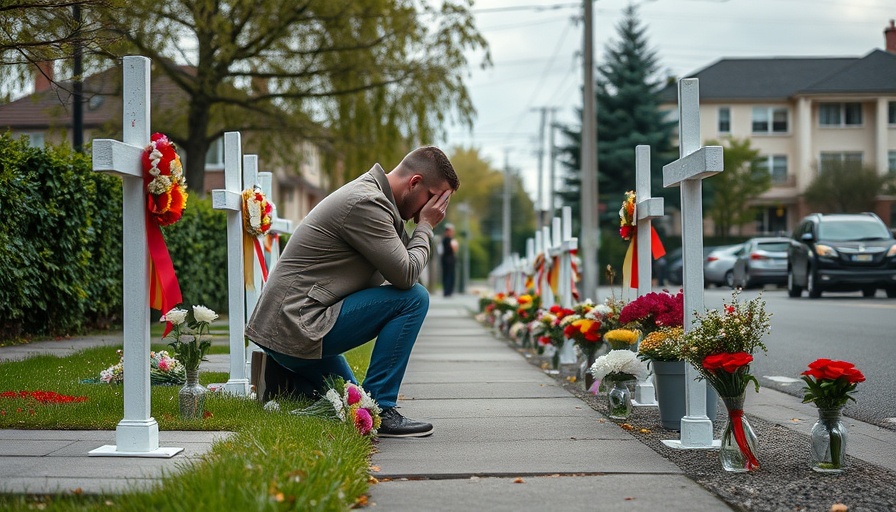
The Legacy of Rubén Salazar: A Journalist’s Impact
On the fateful day of August 29, 1970, journalist Rubén Salazar's life was tragically cut short due to police brutality during the National Chicano Moratorium March against the Vietnam War. This event highlighted not only Salazar's profound role in American journalism but also the rising tensions between marginalized communities and law enforcement.
Understanding the Chicano Movement
Salazar's work came during a pivotal time for Mexican Americans in the United States. This era saw the flourishing of the Chicano Movement, which sought to uplift the community's cultural pride and advocate for their rights. Young Mexican Americans were no longer satisfied with assimilation; they instead aimed to assert their identity and influence in a society that often ignored them.
The Aftermath of Salazar’s Death
The circumstances surrounding Salazar's death remain a chilling example of the consequences of societal negligence. Even though a coroner's inquest ruled his death as accidental, the incident sparked conversations regarding police accountability and the treatment of Latino journalists. The substantial financial settlement awarded to Salazar's family illustrates a recognition of the broader implications of his death.
Lessons for Today’s Society
The legacy of Rubén Salazar continues to resonate in today’s discussions about journalism and civil rights. His commitment to revealing truths about the injustices faced by Latino communities has inspired generations of journalists. As we face ongoing challenges regarding racial inequality and police violence, remembering Salazar’s contributions to journalism serves as both an inspiration and an urgent call to action.
The historical context of Salazar's life reminds us that journalism is not just about reporting facts; it is about elevating voices that are often marginalized. For wage earners in cities like Philadelphia, this is a call to advocate for equity and understanding in every community – reinforcing the mission to ensure that all stories are heard. We encourage our readers to reflect upon these issues and engage in conversations that matter.
 Add Row
Add Row  Add
Add 




Write A Comment